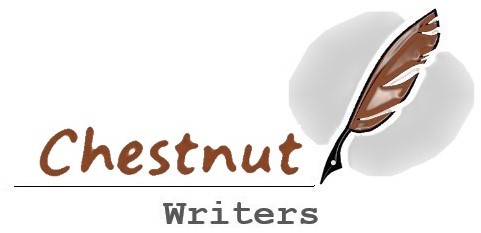Welcome to Writers’ Blog! Chestnut Writers will be posting articles on writing in this blog. We hope that you will enjoy reading this series and find that the tips are helpful to your purposes.
Perhaps we can start with the categories of writing that are most commonly done in the world today. Most of us began reading when we were very young. Our parents started us with reading fairy tales when we were just a few years old. Thus the first type of writing that most of us came across in our lives were creative and didactic writing. These are stories of the imaginative kind that usually come with some form of morals.
When we began schooling, we would then advance onto some other types of reading materials. Teachers teach with textbooks, which convey knowledge in a systematic and technical manner. There are writers who specialize in writing teaching materials, and that itself is a writing skill in great demand. The presentation of knowledge to students must be clear with logical progression. Each new building block to the knowledge base must meet the expected competency of the students, but at the same time presenting a challenge that will expand the horizons of learning.
Soon enough, we would be reading novels in our English lessons. The first books I read in high school were A Christmas Carol by Charles Dickens and The Lion, the Witch and the Wardrobe by C.S. Lewis. These novels were creative endeavors with a significant historical backdrop that inform students of the importance of context. Without understanding the context, such as the historical period in which the author was writing in and thus the sentiments of the time that shaped the author’s style and values, students would not be able to grasp fully the literary value of the work and its contribution to our heritage.
In many universities today, even students in science programs are required to take literature courses. When we write in the tertiary level, analytical skills are the beacon of education. Good analytical writing for literature courses shows the student’s ability to understand what often is difficult text. Having understood it, the student must make arguments about the plot, characters, structure, style and values that are supported by observation and the facts of the work as created by the authors. Analytical writing skill is necessary in all university subjects. Creativity is similarly critical, as creative insights are what will enable a student to advance in the academia.
By now, many of us have already gone through university, and supposedly we have all developed a habit of reading. There is no lack of reading materials on the Internet now, and we will be reading with a growth mindset or simply for leisure. As leisure, reading can bring forth knowledge and entertainment. Some people also write for leisure, as an expression of passion for subjects that engage them constantly. Even writing recipes is itself a skill. The ability to read and write is what makes us human.
This is about good enough for an introduction to this series. Stay tuned!
